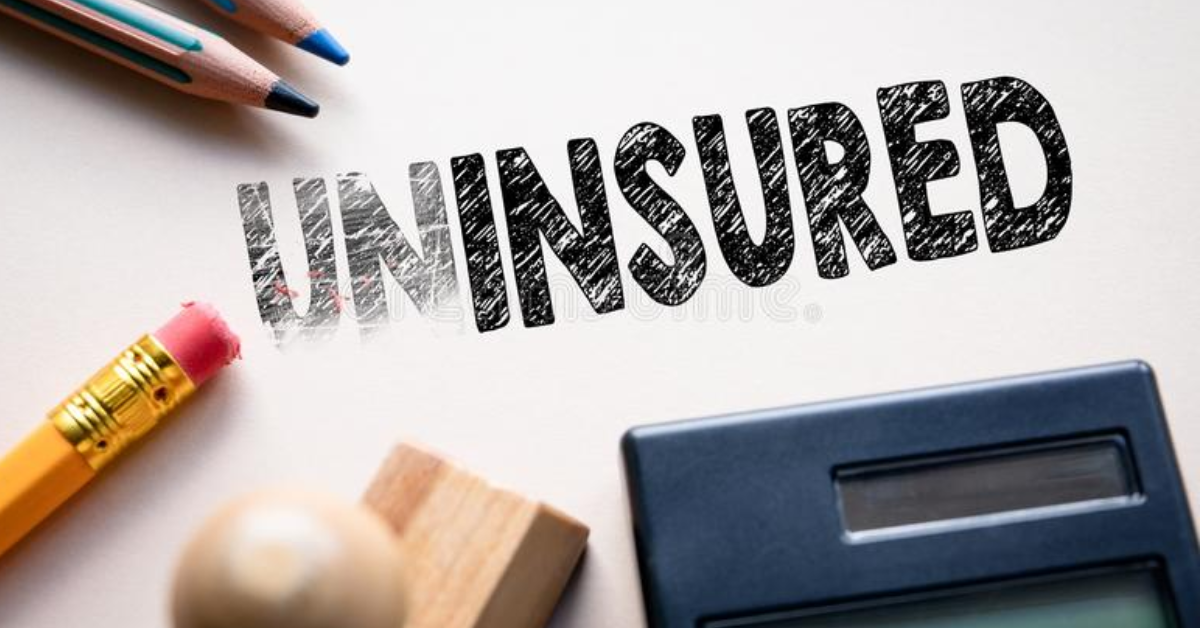
Uninsurable property is a home that is not eligible for insurance through the Federal Housing Administration (FHA) because it is in need of extensive repairs. An uninsurable property is typically ineligible for a mortgage through the FHA; however, in certain cases, the individual purchasing the home may qualify for alternative FHA financing options.
More generally, uninsurable property may refer to any real estate or other personal property that an insurer decides not to cover.
KEY TAKEAWAYS
- In the housing market, an uninsurable property is one that the FHA refuses to insure.
- Most often, this is due to the home being in unlivable condition and/or needing extensive repairs.
- While the FHA will not insure such homes, private insurance companies may, but will typically come with higher premiums due to the property’s added risk.
Understanding Uninsurable Property
The insurance and mortgages offered through FHA come with certain requirements on the condition of the property in the transaction. If the repairs required to meet those requirements are more than the limit set by the FHA, the property will not be accepted into the program. Repairs on housing may be necessary because of damage from fires, storms, or age that has made parts of the property fall below standards.
How Uninsurable Property Is Treated by Private Sector Insurers
Other insurers aside from FHA might not insure a property because of specific items that must be tended to, such as trees that are dead or pose a risk of collapse on the property and need to be removed. Exposed and outdated wiring, as well as other infrastructure issues could cause an insurer to deny coverage. The presence of a swimming pool could pose an issue that insurers may not want to cover, unless the property includes certain features such as a fence to enclose and secure the pool from outsiders.
When a home is inspected in conjunction with a sale, an inspector will assess the property but it may still be necessary to ask direct questions about the insurability of the housing along with any issues that stand out. If a homebuyer does not remain attentive to such problematic possibilities, they may be caught in a deal for a property they cannot secure insurance for. If the property owner plans to make repairs to come into compliance, there may be policies available that cover the presence of workers who will be on the property to make those repairs.
Department of Housing and Urban Development (HUD) homes must be appraised and inspected before they can be listed for bidding. The homes typically fall into one of three categories: insurable, insurable with repair escrow or uninsurable. Any HUD home that is uninsurable will generally have to secure other-than-FHA financing. In certain instances, however, HUD will provide financing for the purchase of an uninsurable property through its FHA 203K loan financing program. These are rehab mortgages where the lender rolls the repairs costs into the mortgage. These homes usually sell at a large discount and are not offered through conventional financing because of their condition.
To read the full article, click here.